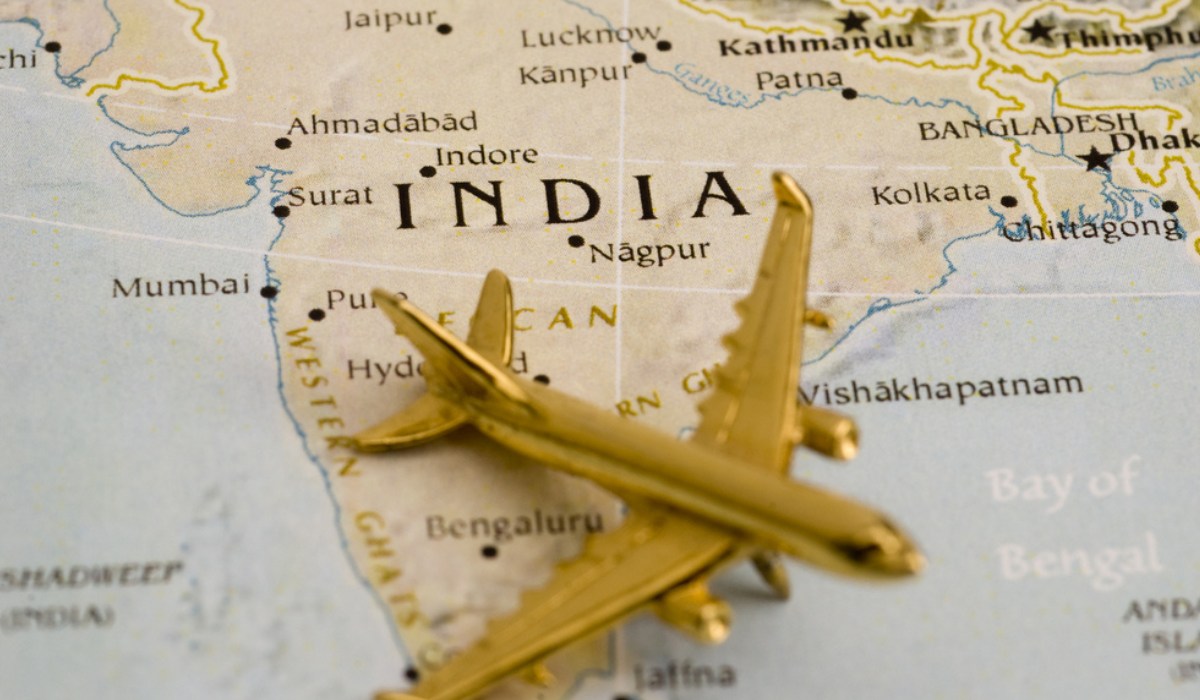Traveling to India is an exciting experience, but it can also be a daunting one. Especially when it comes to obtaining visas and dealing with the paperwork that goes along with it. But don’t worry! In this article, we will tell you everything you need to know about getting an Indian visa in 30 days or less. 30 DAYS INDIAN VISA
Introduction: What is an Indian Visa?
If you’re planning a trip to India, you’ll need to obtain a visa before you go. Fortunately, the process is relatively straightforward and can be completed in just a few days.
An Indian visa is a document that allows foreign nationals to enter and exit India. visas are typically valid for six months, although some may be issued for shorter or longer periods of time. In most cases, you’ll need to apply for a visa before your trip.
There are a few different types of Indian visas, including tourist visas, business visas, and student visas. The type of visa you’ll need will depend on the purpose of your trip. For example, if you’re traveling to India for leisure, you’ll need a tourist visa. If you’re traveling for business purposes, you’ll need a business visa.
The application process for an Indian visa is relatively simple. You’ll need to complete an online application form and submit it along with some supporting documents. Once your application is processed, you’ll receive your visa by email.
Eligibility Requirements for an Indian Visa
- You must have a passport that is valid for at least six months from the date of your arrival in India.
- You must have a visa application form, which can be obtained from the Indian consulate or embassy in your home country, or online.
- You must have two passport-size photographs taken against a white background. URGENT EMERGENCY INDIAN VISA
- You must have proof of onward travel, such as a return ticket or an onward ticket to another destination outside of India.
- If you are traveling for business purposes, you must have a letter from your employer detailing the purpose of your trip and confirming that you will be returning to your job after your stay in India.
- If you are traveling for medical purposes, you must have a letter from your doctor detailing the purpose of your trip and confirming that you will be fit to travel after your stay in India.
- If you are traveling for educational purposes, you must have a letter from your school or university detailing the purpose of your trip and confirming that you will be returning to continue your studies after your stay in India
Types of Indian Visas
There are many types of Indian visas, each with their own requirements and restrictions. The most common type of visa for visitors to India is the Tourist Visa, which allows for stays of up to six months. Other popular types of visas include the Business Visa, Student Visa, and Employment Visa. Each type of visa has its own set of requirements, so be sure to research the specific visa you need before applying.
How To Apply For An Indian Visa
The first step in applying for an Indian visa is to fill out the online application form. The form will ask for your personal information, travel plans, and passport information. Once you have completed the form, you will need to submit it along with your passport and two passport-sized photographs. Your application will then be processed and you should receive your visa within a few days.
Documents Needed For An Indian Visa Application
- Passport: You will need a passport that is valid for at least six months from the date of your planned arrival in India.
- Visa Application Form: You can download the visa application form from the website of the Indian Embassy or Consulate where you will be applying for your visa. Be sure to complete the form carefully and accurately, as any errors could result in delays in processing your application.
- Photographs: Two recent passport-style photographs are required for your visa application. The photos must be taken against a white background, and they should be free of any markings or glare.
- Letter of Introduction: A letter of introduction from your employer, sponsor, or educational institution may be required when applying for a visa to India. This letter should state the purpose of your trip to India and provide other relevant information about your planned stay.
- Supporting Documents: Depending on the type of visa you are applying for, you may need to submit additional supporting documents along with your application form and photographs. These could include proof of financial means, evidence of travel plans, or a letter of invitation from someone in India
Processing Time And Fees For An Indian Visa
It is important to note that the processing time and fees for an Indian visa can vary depending on your nationality and the type of visa you are applying for. For example, nationals of some countries may be eligible for a free e-Tourist Visa (eTV) while others will need to apply for a regular Tourist Visa. The cost of a regular Tourist Visa is $160 USD, while the cost of an eTV is $60 USD. The processing time for an eTV is also shorter than that of a regular Tourist Visa, with most applications being processed within 4 days.

